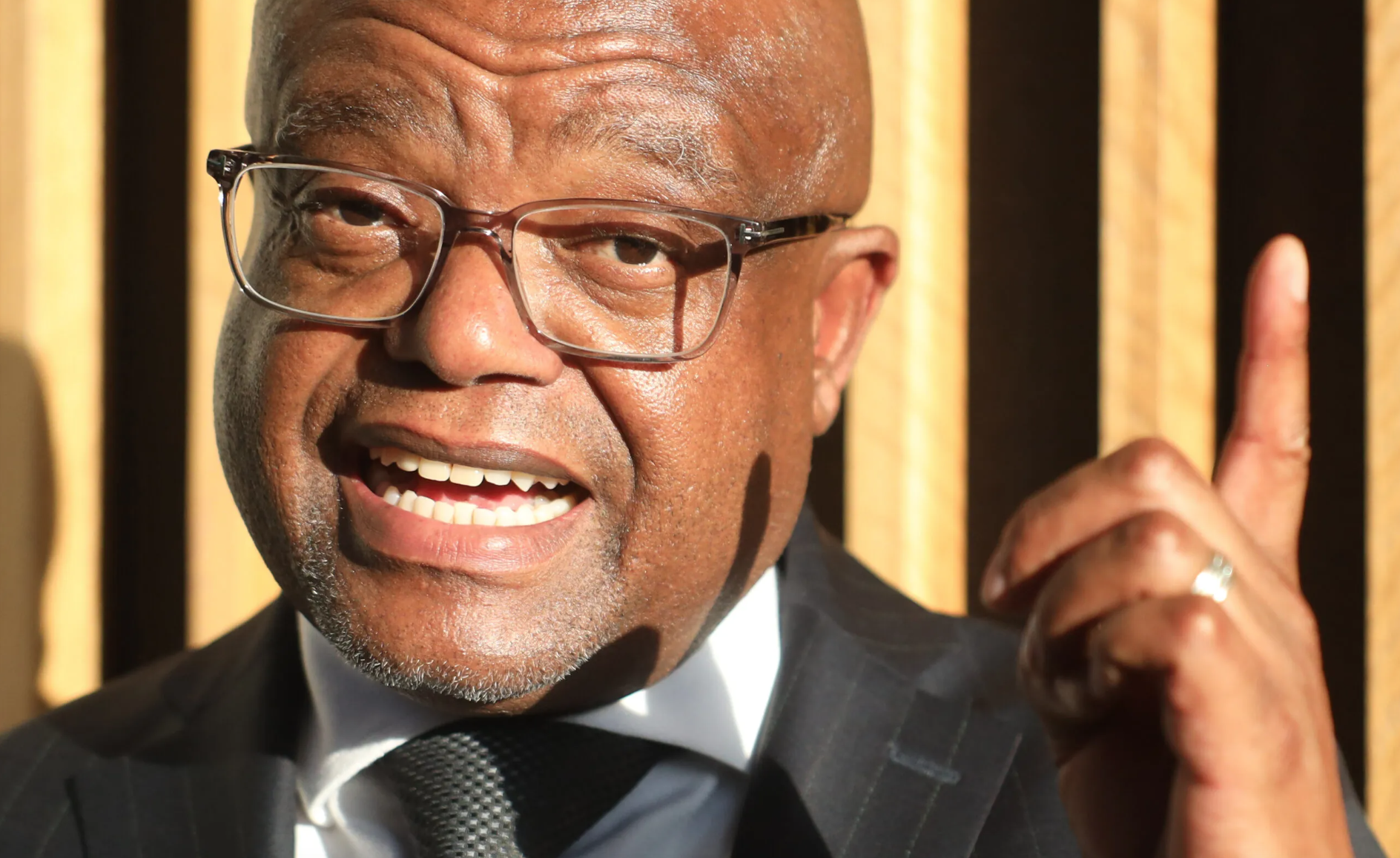411
Power Struggles: Joburg Mayor’s Office Loses Utilities Over Unpaid Bills Amid Financial Crisis

Johannesburg’s mayor, Dada Morero, faced a public embarrassment in September 2024 when his private office in Braamfontein, leased from ANC-aligned property mogul Lonwabo Sambudla’s Bayete Capital, had its electricity and water cut off due to unpaid utility bills. The incident has exposed serious flaws in the City’s property management and raised questions about financial priorities in a city grappling with a R4-billion monthly deficit.
Bayete Capital, which owns the building housing the mayor’s office and other city departments, reportedly owed the City R22.1 million in unpaid utilities. Despite this, the City had been paying rent to Bayete without deducting the overdue utility amounts, a clear violation of municipal policy. Following the cut-offs, Bayete settled most of the debt, but the episode highlighted how private property deals and financial mismanagement are compounding the City’s challenges.
This was not an isolated incident. Another landlord, Mutodo Properties, also had utilities cut after racking up R29 million in unpaid bills. These lapses not only inconvenience city officials but also divert critical resources from service delivery to Johannesburg’s residents.
The Questionable Abandonment of the Metro Centre
Adding to the controversy is the abandonment of Johannesburg’s iconic Metro Centre, previously the hub of the City’s legislative, executive, and administrative operations. The 15-floor building remains fully furnished, equipped with printers and other office equipment, yet sits unused. Staff have been scattered across multiple leased properties, leading to inefficiencies and confusion for residents seeking municipal services.
The decision to vacate the Metro Centre stemmed from a proposed refurbishment plan under a private-public partnership (PPP) spearheaded by Bayete Capital. The PPP, valued between R900 million and R2 billion, was pushed through despite opposition in the council. Critics argue that the refurbishment was unnecessary and too expensive, especially given the City’s dire financial situation.
Why Lease When You Own?
The City’s reliance on private leases is particularly baffling given its substantial property portfolio. Johannesburg owns 29,001 properties valued at R10.2 billion, according to the Johannesburg Property Company (JPC), the entity tasked with managing municipal properties. However, instead of using these assets, the City continues to pay exorbitant rents for private offices.
In December 2023, a report revealed that the JPC was attempting to finalize 13 new lease agreements, with some leases bypassing the deeds office by being kept under 10 years to avoid scrutiny. This raises transparency concerns, especially as JPC has been accused of mismanagement and cadre deployment.
Leadership and Accountability at JPC
At the heart of the City’s property mismanagement is the JPC, led by CEO Helen Botes. Despite being implicated in several adverse investigations, Botes remains a powerful figure within the organization. The JPC board is largely composed of ANC-aligned individuals, further fueling allegations of political favoritism.
The JPC’s leadership has defended its actions, claiming that the Metro Centre was hazardous and unsuitable for occupation. However, inspections of the building suggest that while parts of it require repair, much of it remains habitable. Meanwhile, other city-owned buildings, like the former Management Information Services offices, have been vandalized and gutted by fires, showcasing the consequences of neglect.
Johannesburg’s financial struggles are not new, but the reliance on private leases and costly PPPs has exacerbated the crisis. The City’s revenue collection drive, which aims to recover R1 billion in debt by the end of 2024, is a step in the right direction. However, the decision to lease private properties while municipal-owned buildings sit idle raises concerns about prioritization and governance.
The disjointed relocation of departments has also disrupted service delivery. Residents, developers, and service providers struggle to navigate a fragmented system where officials are scattered across multiple locations without clear communication channels.
In response to the controversy, Bayete Capital issued a statement attributing the utility cut-offs to a “misunderstanding” during a refinancing process. The company cited delays in obtaining clearance certificates and discrepancies in billing due to a vandalized water meter. It claimed to have resolved the issues by replacing the water meter and paying the outstanding amounts.
Despite these assurances, the incident has cast a spotlight on the broader issues of mismanagement and corruption in Johannesburg’s municipal operations.
The Bigger Picture: Governance and Public Impact
Johannesburg’s challenges extend beyond utility bills and leasing decisions. The City’s inability to manage its vast property portfolio effectively reflects deeper governance failures. While the ANC-led administration continues to push for expensive refurbishments and private leases, residents face the brunt of poor service delivery and crumbling infrastructure.
The abandonment of the Metro Centre has also raised symbolic questions about the City’s leadership. Once a beacon of municipal governance, the building now stands as a reminder of Johannesburg’s financial mismanagement and misplaced priorities.
To restore public trust, Johannesburg’s administration must prioritize transparency and accountability in its financial and property management practices. Leveraging the City’s existing assets, rather than relying on costly leases, could alleviate some of the financial strain.
Residents deserve a government that uses its resources efficiently to provide essential services and address the City’s growing deficits. The current model, plagued by cadre deployment, mismanagement, and opaque decision-making, is unsustainable.
With a new year approaching, Johannesburg faces a critical juncture. Will it continue on its current path, or will it take meaningful steps toward reform?
Follow Joburg ETC on Facebook, Twitter and Instagram
For more News in Johannesburg, visit joburgetc.com















